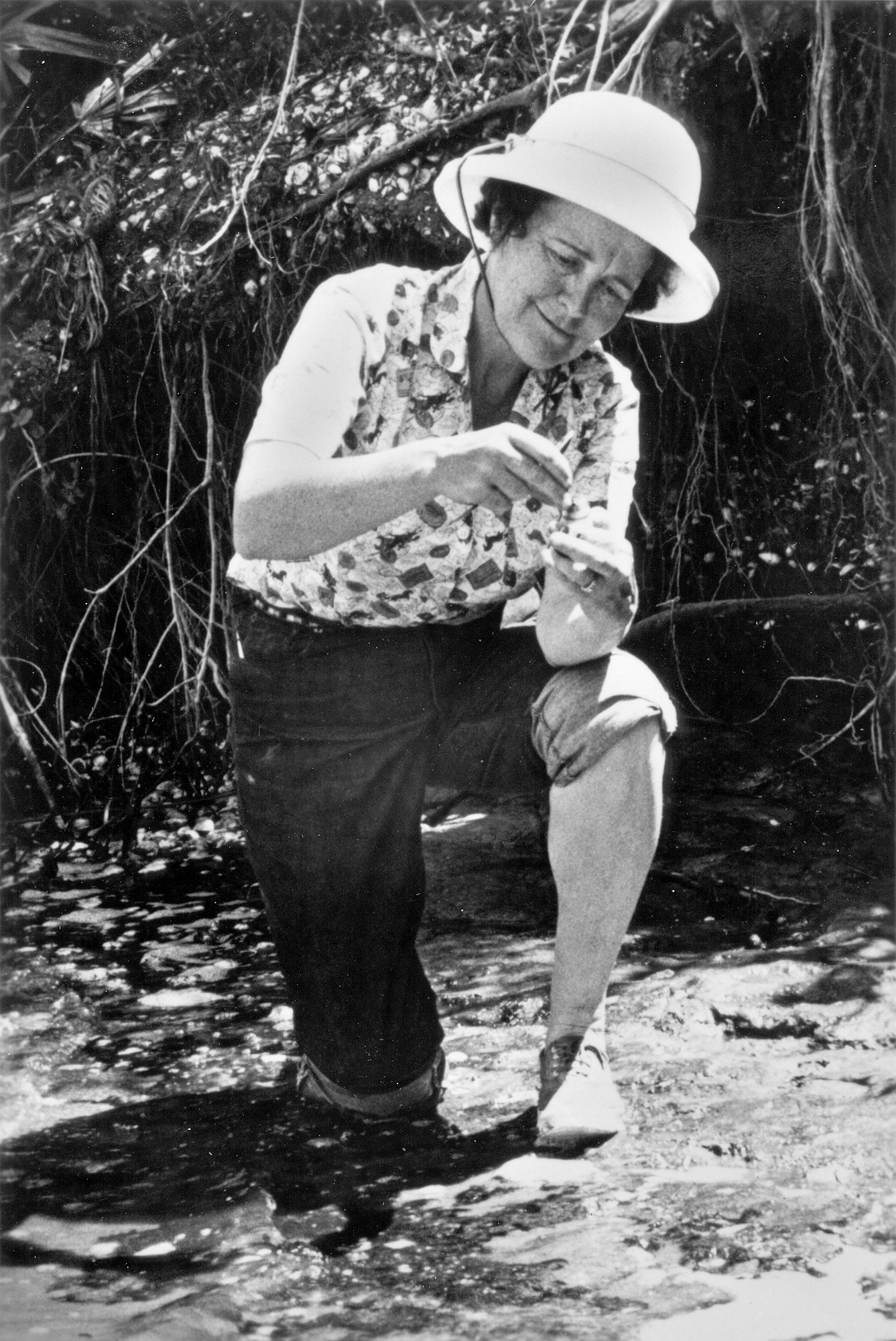Wallace Smith Broecker National Medal of Science Awarded In 1996

Wallace Smith Broecker
Award Name : National Medal of Science
Year of Award : 1996
Award for : Environment
Location : Chicago, Illinois, United States
Wallace Smith Broecker is the Newberry Professor in the
Department of Earth and Environmental Sciences at Columbia University and a
scientist at Columbia's Lamont-Doherty Earth Observatory. He developed the idea
of a global "conveyor belt" linking the circulation of the global
ocean and made major contributions to the science of the carbon cycle and the
use of chemical tracers and isotope dating in oceanography. Broecker has
received the Crafoord Prize and the Vetlesen Prize. He was born on November 29,
1931 in Chicago, Illinois, United States. Broecker has authored over 450
journal articles and 10 books. He is perhaps best known for his discovery of
the role played by the ocean in triggering the abrupt climate changes which
punctuated glacial time, in particular the development and popularization of
the idea of a global "conveyor belt" linking the circulation of the
global ocean. However, his contributions stretch far beyond the
"conveyor"; his work is the foundation of carbon cycle science, and
his applications of radiocarbon to paleoceanography are landmarks in the field.
His work with chemical tracers in the ocean is integral to modern chemical
oceanography; indeed, his textbook "Tracers in the Sea", authored
with Tsung-Hung Peng, is still cited in the contemporary literature 25 years
after its publication. Broecker is a Fellow of the American Academy of Arts and
Sciences and the National Academy of Sciences, Foreign Member of the Royal
Society, and a Fellow of the American Geophysical Union and European
Geophysical Union. He has received the Crafoord Prize in Geoscience, the
National Medal of Science in 1996.









